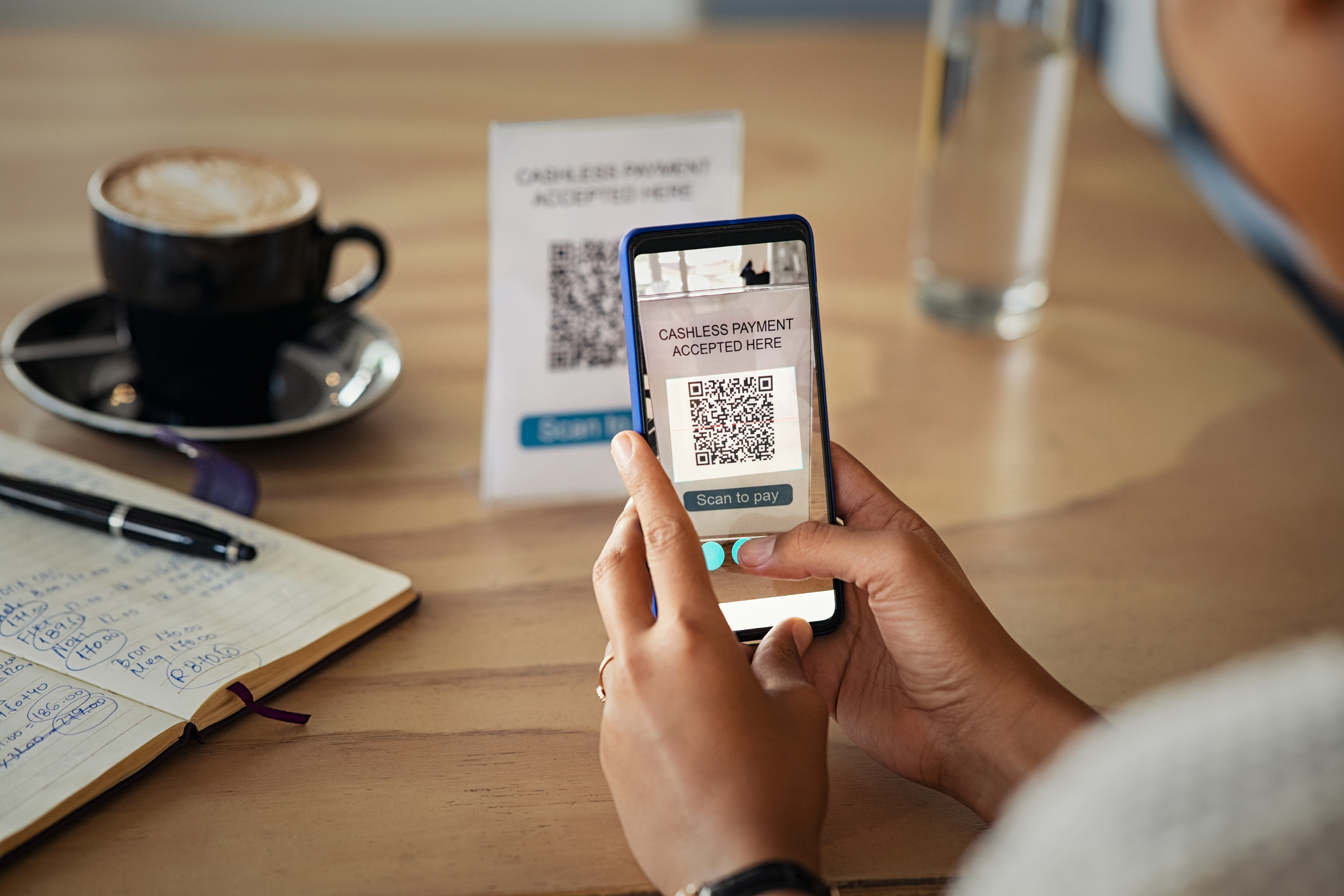Are Cryptocurrencies the Future of Payment Methods?

Many food service, convenience, and retail brands are exploring the idea of accepting cryptocurrencies as a form of payment and full-scale adoption might not be far off
By Brandon Solnit – PAR Technology
Two significant trends emerged from the rubble left by COVID-19: health-conscious consumers and cryptocurrencies. The crypto craze took the world by storm during the Coronavirus outbreak and has only seemed to grow in popularity in a post-pandemic society. Between 2012 and today, the price of Bitcoin has increased by over 540,000%, with 300+ million people worldwide who use or own the digital coin. The cryptocurrency market is growing fast and is predicted to grow at an annual rate of nearly 13% until 2030.
Yes, cryptocurrencies are extremely popular and convenient payment methods, but what exactly is their true intent? According to Forbes, cryptocurrencies were brought to the market with the purpose of putting the power in the currency holders’ hands because there is no central authority that regulates its value. In fact, demand, production costs, government regulations, and other factors ultimately determine these digital tokens’ values.
For years, these digital currencies have been used for trading and investment purposes with roughly 43% of Americans between the ages of 18 and 29 having traded or used a cryptocurrency. With the sudden rise in popularity, many cities, states, and countries plan to accept cryptocurrencies as a form of payment with approximately 27% of Americans supporting the adoption of Bitcoin and other digital coins as legal tender. States like California have been taking strides to make the dream of legal tender cryptocurrency a reality as they recently introduced the Bitcoin Bill which would allow California residents to make state service payments using cryptocurrency.
There are clear benefits crypto payments have over traditional credit and debit card payments. Cryptocurrencies like Bitcoin, Ethereum, Litecoin, and Dogecoin are known to provide faster transaction times that take just seconds, lower transaction fees, and are safer than traditional credit and debit card payments.
Even though there is a clear continuous growth in active cryptocurrency users worldwide, there are only limited ways to use them as a form of payment. Yes, consumers can pay for their Tesla using cryptocurrencies like Bitcoin or Dogecoin, but when will they be able to use them to pay for their favorite meals with their favorite restaurant brands?
The dream of restaurants offering cryptocurrency payments may come sooner than expected as over 32% of small businesses in the United States stated they accept cryptocurrencies as a form of payment with major food service brands, like Subway®, Starbucks®, and Chipotle®, following suit.
Subway® – In 2013, Subway became one of the first quick-service restaurants to accept Bitcoin as a payment method with at least three branches willing to exchange goods and services for crypto. Subway guests who wish to pay for their sub sandwiches using Bitcoin can do so by purchasing Subway gift cards through Bitrefill or Gyft.
Starbucks® – In 2021, Starbucks began exploring the idea of accepting cryptocurrency as a form of payment by partnering with Bakkt, a digital assets account that stores all digital currencies, gift cards, cash, and rewards in one place. Starbucks guests who wish to pay for their frappuccino or latte using cryptocurrencies can connect the Bakkt app in their Starbucks app to reload their Starbucks cards using cryptocurrency, frequent flier miles, or gift cards.
Chipotle® – Chipotle Mexican Grill first dipped their toes into the crypto craze on National Burrito Day of 2021 by launching an interactive game called ‘Burritos or Bitcoin’. Chipotle guests who correctly cracked a six-digit code had a chance of winning either a free burrito or up to $25,000 in Bitcoin. This event made Chipotle the first fast-casual chain to host a crypto giveaway. Still, Chipotle had its sights set on new horizons. On June 2, 2022, Chipotle began accepting cryptocurrency payments in almost all service locations. Chipotle partnered with Flexa, a pure-digital payment service-providing company, to provide consumers with 98 digital assets, including Bitcoin, Ethereum, and Dogecoin, for payments in stores. Chipotle guests can pay for their bowls, burritos, or tacos using cryptocurrency through applications that use Flexa like SPEDN.
Although the food-service industry is not fully immersed in cryptocurrency payments, all signs are promising as more major restaurant brands begin to implement cryptocurrency payment options into their operations. The process of fully integrating crypto payments into all QSR, table-service, and fast-food restaurants will take time because of how fresh and volatile the market is. Nonetheless, this dream may become a reality in the coming years as the excitement and popularity around these digital coins continue to grow.


